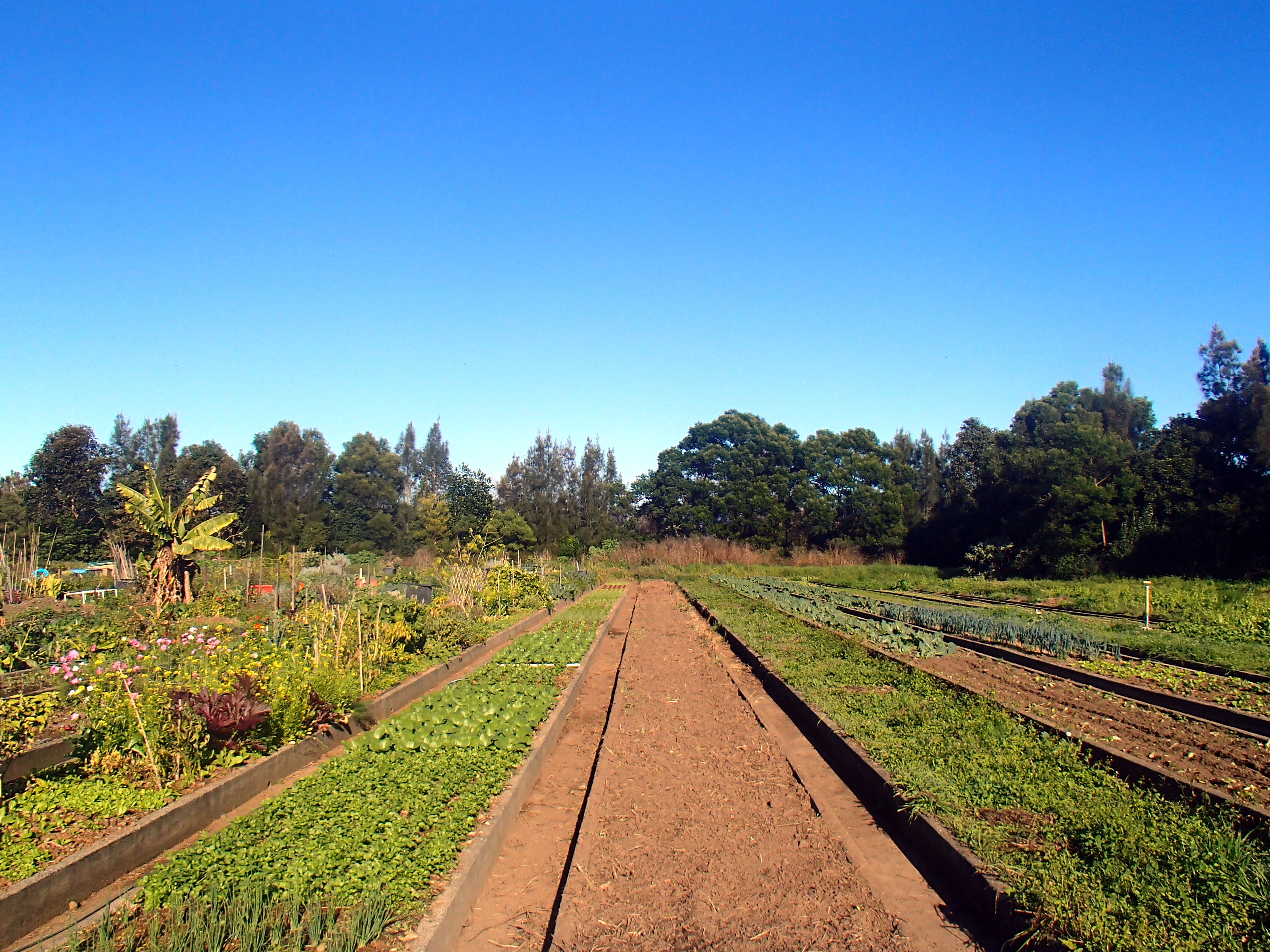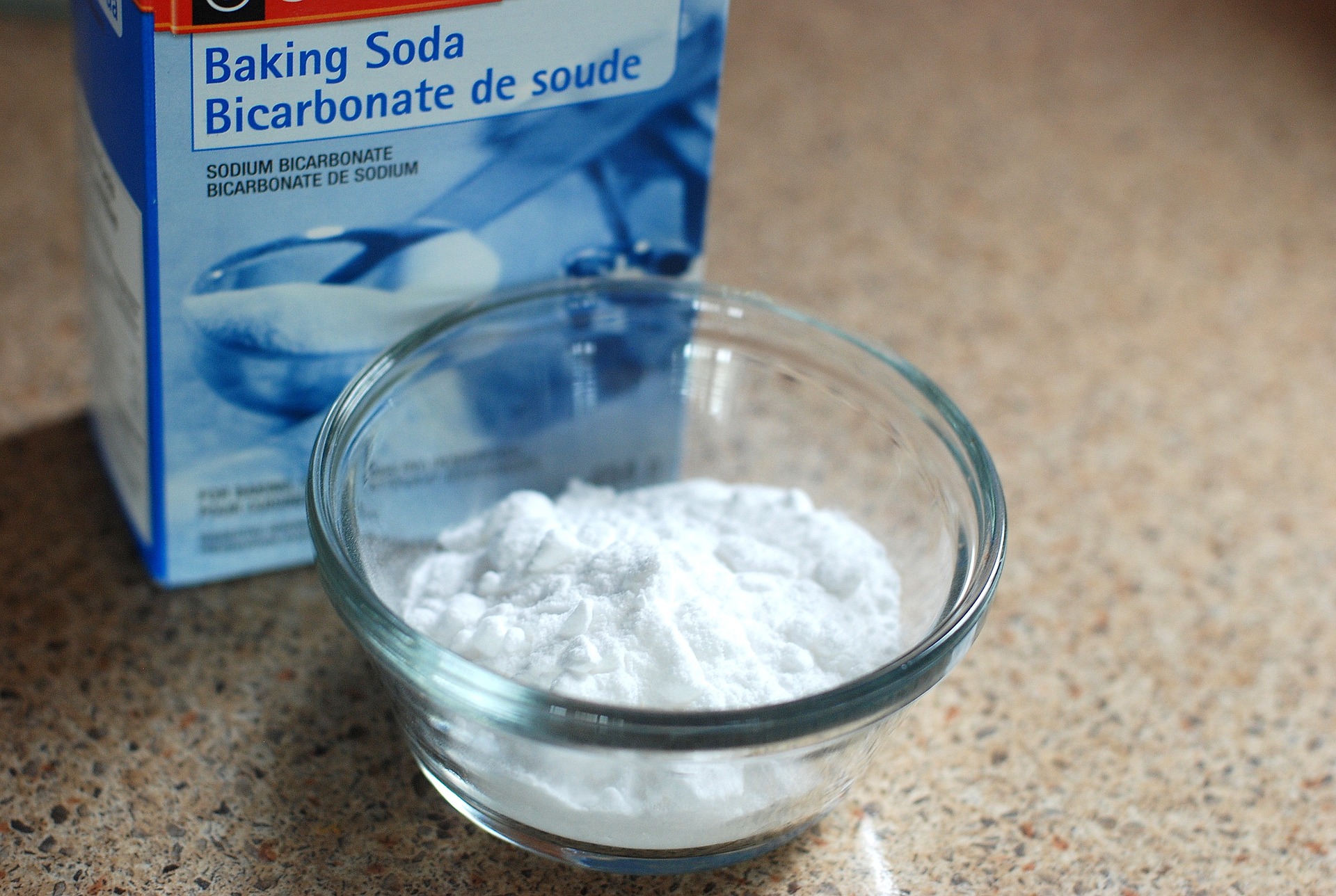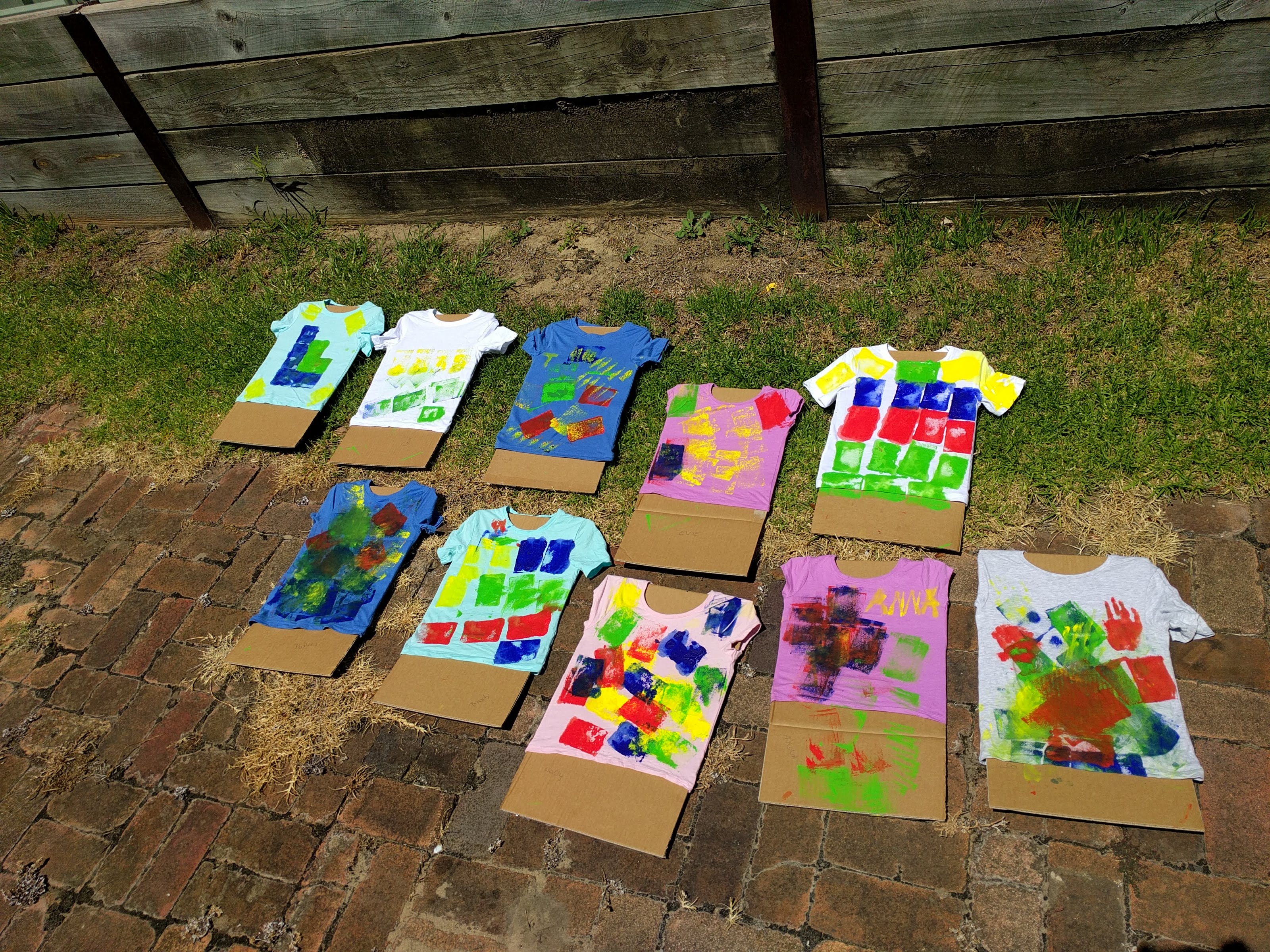It’s been a little over four weeks since I posted about our intention of not shopping at any supermarket.
It’s time for an update.
How it’s going
First things first, we didn’t manage to stay away from any supermarket completely. First, there was a shopping trip for our camping trip to get the necessary essentials, then there was a special offer which led to more purchases than just the offer, and then there was the forgotten milk, cheese, and other bits and pieces.
But honestly, it was (and is) easier than I thought. We have moved towards getting our groceries from an independent grocer, our veggie box delivery, and the food coop. It has been fine for the essentials and we aren’t short on anything substantial. But, and I knew this in advance, there are things we miss.
The things I miss aren’t, however, the things I thought about at first. We get our milk and cheese from the coop, same for toilet paper and toothpaste. I have substituted all cleaning products to either all-purpose cleaners from the coop or to vinegar. The funny story with vinegar is that I couldn’t find white vinegar in any other store than the supermarket (and I didn’t want to clean my toilet with white wine or apple cider vinegar).
Things we really miss are fruit juice, frozen berries, and dishwasher tabs. Yes, we can get these things from other places but they aren’t what we are used to.
Overall I would say we’re doing pretty well and we aren’t stopping either.
New questions
What is a supermarket?
Over the past weeks, one question kept popping into my head: what constitutes a supermarket? Wikipedia highlights four aspects which are typical for a supermarket:
- It’s self-service for food and household items.
- They occupy a large floor space, usually on a single floor, and are located in residential centres.
- Supermarkets have extended opening hours, sometimes even 24 hours.
- And they are most often chain stores.
In Australia, Aldi, Coles, Woolworths, and Costco fulfil these criteria of a supermarket. Interesting side note for any Australian reader, IGA is not part of that list because it is classified as an independent grocer (IGA stands for Independent Grocer Australia).
These criteria are generic enough to work internationally but at the same time give some excuse to ‘bend the rules’. Just an example, we have an IGA, by definition independent, in our neighbourhood. It offers pretty much the same products as any of the large supermarkets but has slightly less selection and sometimes higher prices. If I were to stick to the title of our challenge and avoid supermarkets only, something like an IGA could be acceptable.
What is the purpose of avoiding a supermarket?
This assumption gets me to another question: what, aside from the thrill of a challenge, is the purpose of not shopping at a supermarket? If I can get the same cheese from an independent grocer as I do from the supermarket chain store, does that make a difference? The answer could be tricky but to me, it’s not: no, it makes no difference and is not the point of the challenge.
Let me elaborate. One idea behind avoiding any supermarket is to discover local produce. I know for example of a local dairy farm which sells milk and yoghurt. On our last holiday, we visited a dairy farm which produces cheese, a friend of mine makes jams, our veggies grow at a local farm. It’s these local contacts I’m trying to establish through the challenge.
The idea behind eating local is to reduce food mileage and to somewhat establish ownership of my food (although I didn’t make it myself). Knowing more about my food lets me eat less, waste less, and overall eat healthier – it makes me a Bettertarian. I’m already a vivid homemaker of a variety of foods (yoghurt, granola, ginger beer, and bread, just to name a few) but the challenge has inspired me to do even more, in particular, cleaning products.
Where to now?
We are going to continue to shop less and less at chain supermarkets. We have already moved most of our weekly shopping to independent stores and we will continue to look out for local produce. And I continue to make products at home, try new things, and seek alternatives.
One noticeable change since we began this challenge has been our reduced household rubbish. Since we get most things from a bulk food store (the food coop) we avoid most packaging. Our bins are now more than half empty on pick-up day and sometimes we don’t even bother to put them out. It’s great to experience the unintentional consequences of a lifestyle change.




